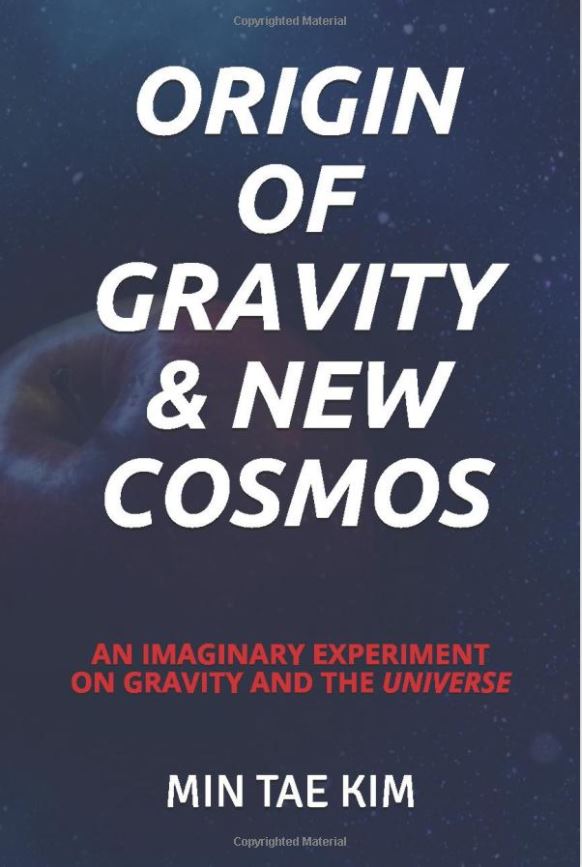An Imaginary Experiment on Gravity and the Universe.

History is a constant challenge and response. It is the definition of the history by the English historian Toynbee. This word would be also perfectly applied to the history of science. Classical mechanics or Newtonian mechanics, which dominated physics until the beginning of the 20th century, gave way to the challenge of quantum mechanics. Quantum mechanics has been at the very top of modern physics throughout the 20th century. Physics of microscopic world is well described in terms of quantum mechanics. But when you look up into the distant universe, things are different. Quantum mechanics does not work because of gravity. Gravity is hot potato that is not compatible with quantum mechanics. Newton's law of gravity along with Einstein's theory of general relativity is leading the physics of the universe. Numerous cosmic phenomena cannot be explained without gravity, and the theory of relativity explains them in sophisticated languages. Is the physics of macroscopic world so different from that of microscopic world? If they are the same, and if they are inevitably the same, where can we find the answer to the problem? To find an invisible clue, it is often useful to think in a reverse way. We filled the empty vacuum with a very hard medium. Gravity is not an attractive force but a pushing force from the background vacuum. This is why the subtitle of this book is "a jolly imagination about gravity and the universe". Recently, more and more books on science have been published, excluding textbooks and major books. It is something I have to appreciate as a person engaged in science and technology. Most of the current books on science are a kind of history books that introduce past scientific discoveries or theories. There are books describing the history of science from the viewpoint of "challenge and response" and there are books that simply carry information. They are things that summarize past events and thoughts. This book, titled "Origin of Gravity and New Cosmos," is a kind of science book, but it is not a history book. Though I looked into the records and ideas of the past, imagined many things, and tried to come up with new ideas logically. It is not a book that records the past, but a book of foresight telling the future. If things are verified and acknowledged, it will become another history book. It is a dream of the author. This book summarizes the author’s thoughts over the years. I used a lot of internet resources such as wikipedia.org to support my thoughts. It would be impossible to understand the contents of this book at once. For readers out there, I tried to explain unfamiliar concepts and phenomena as simply as possible. However, the introduction of some mathematics was inevitable to prove my ideas. Science could not develop unless it is denied and challenged. It would be the virtue of scientists to doubt and interpret from other view points, even if it is already well established and seemingly lacking of any faults. I hope that the process of practicing these virtues itself is appreciated apart from the right and wrong of the contents of this book.